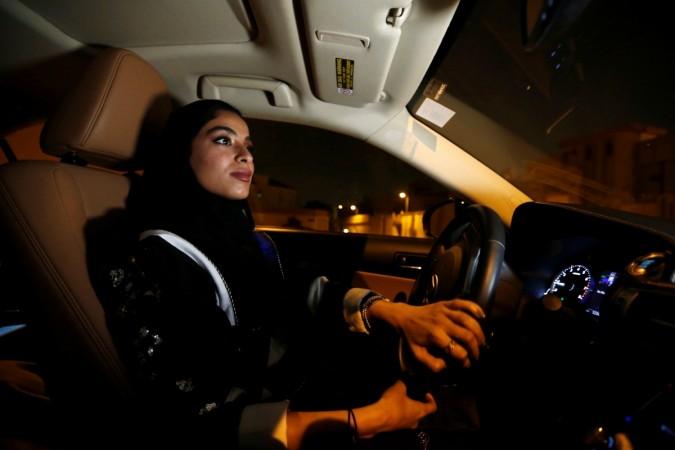
On Saturday night, women in Saudi Arabia stepped out of their homes, but without a chauffeur. The Middle Eastern country has finally lifted the regressive ban that had kept women from taking charge of the wheel.
Saudi women are now officially allowed to drive after a decades-old driving ban was lifted. It was the only country left in the world where women could not drive and families had to hire private chauffeurs for female relatives.
The change was announced last September and Saudi Arabia issued the first licenses to women earlier this month, BBC reported on Sunday.
However, the move comes amid an intensified crackdown on activists who campaigned for the right to drive.
At least eight women's rights activists are being detained and could face trial in a counter-terrorism court and long prison sentences for their activism, human rights group Amnesty says. They include Loujain al-Hathloul, a well-known figure in the campaign for women's driving rights.
A lifetime of struggle
Human rights groups in the kingdom have campaigned for years to allow women to drive.
Saudi Arabia's Crown Prince Mohammad bin Salman had attracted ire of various Islamic groups for introducing policy changes that attempted to liberalize the conservative Middle Eastern country.
Amnesty has also called for wider reforms in Saudi Arabia, where women remain subject to male guardianship laws.
Dozens of women were arrested for driving in Riyadh in 1990 and some Saudi women began posting videos of themselves at the wheel in 2008, and between 2011 and 2014.
Thousands of women could soon take to the roads.
"It is a historic moment for every Saudi woman," Saudi television presenter said.
She said she was behind the wheel minutes after the end of the driving ban at midnight local time (21:00 GMT Saturday).
"Those days of waiting long hours for a driver are over," said pharmacy student Hatoun bin Dakhil, 21. "We no longer need a man."
















